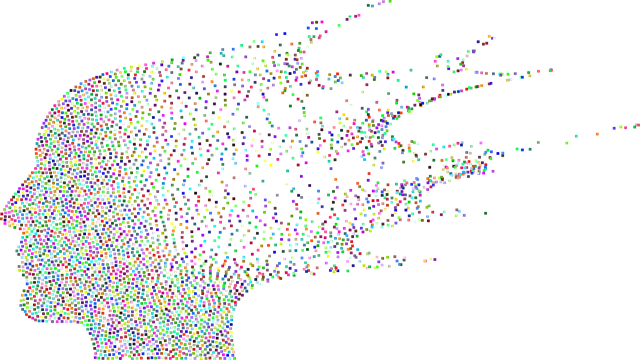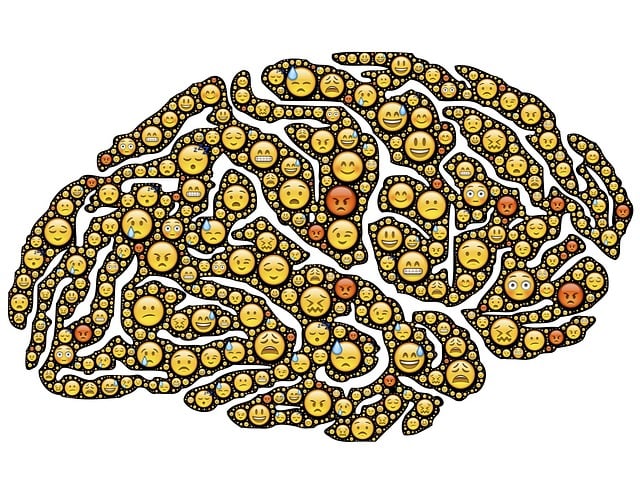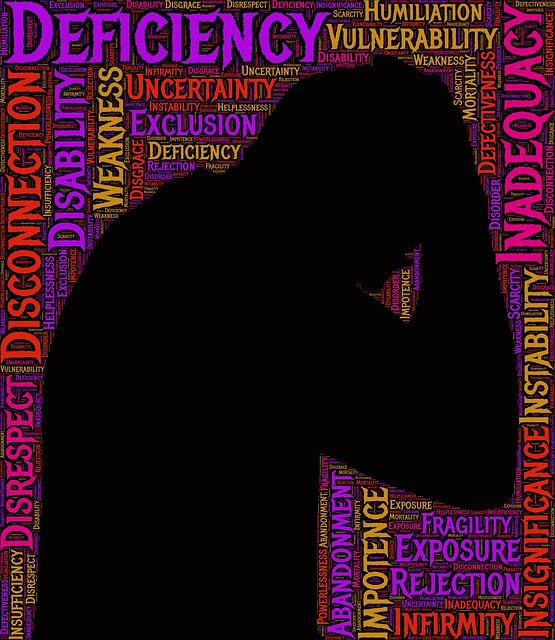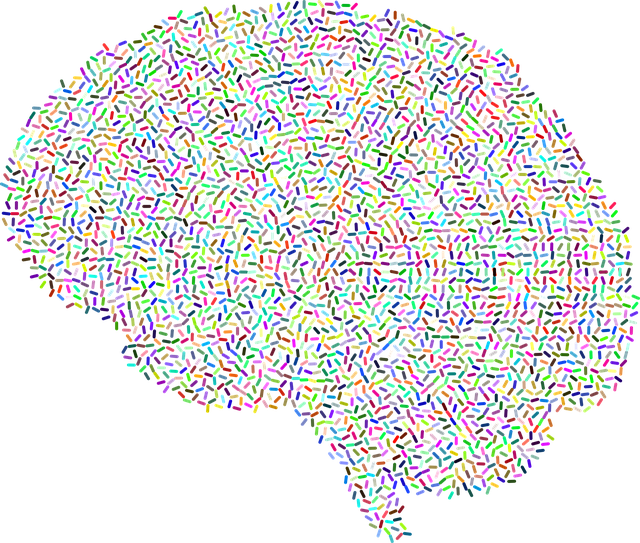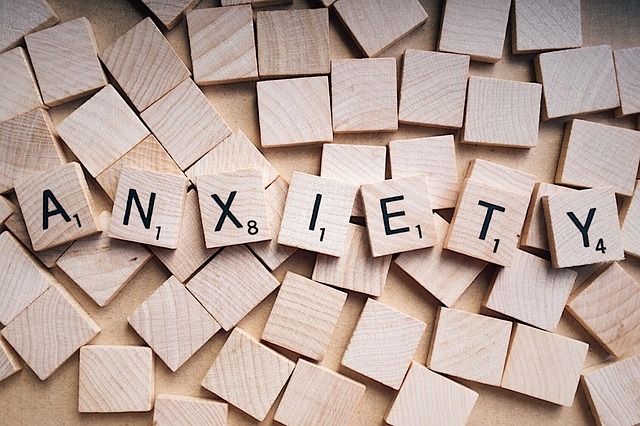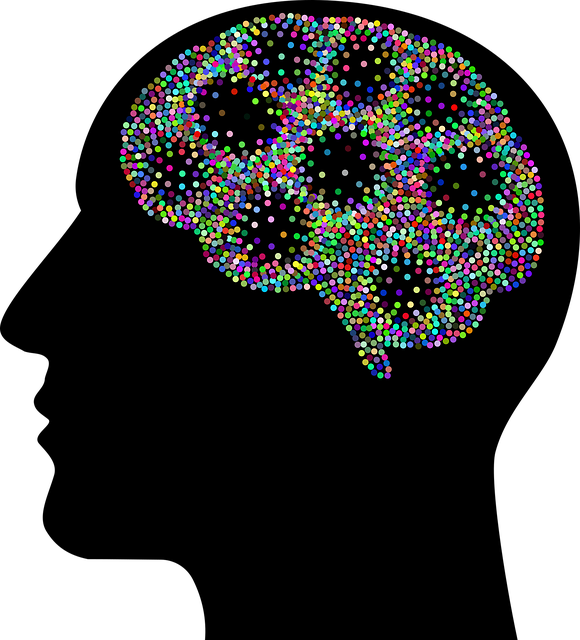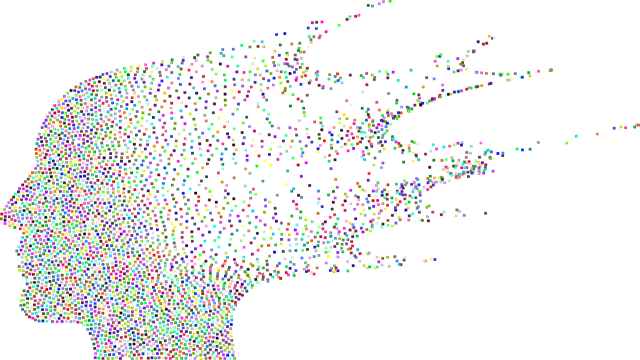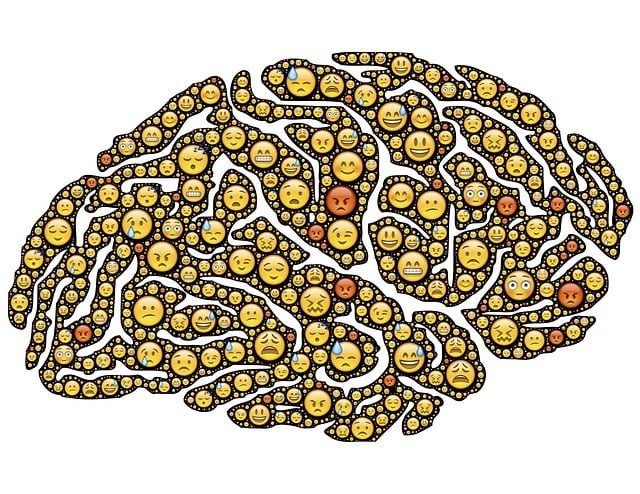Wheat Ridge Developmental Disability Therapy (WRDDT) prioritizes emotional balance through evidence-based practices. Using Mind Over Matter principles, WRDDT teaches individuals to manage thoughts and feelings using Cognitive Behavioral Techniques (CBT), mindfulness, meditation, and physical activity. Their tailored therapy sessions focus on long-term well-being, addressing trauma and depression while fostering resilience. These comprehensive approaches empower clients with coping mechanisms for daily challenges, enhancing their mental health and self-confidence.
Mood regulation is a vital aspect of emotional well-being, particularly for individuals with developmental disabilities. In this article, we explore various strategies to achieve and maintain emotional balance. From cognitive behavioral techniques, which have proven effective in Wheat Ridge Developmental Disability Therapy, to mindfulness practices and the power of physical activity, each section delves into evidence-based approaches. Discover how building resilient coping mechanisms can foster long-term mental health and overall well-being.
- Understanding Mood Regulation: Unraveling Emotional Balance
- The Role of Cognitive Behavioral Techniques in Wheat Ridge Developmental Disability Therapy
- Mindfulness and Meditation Practices for Emotional Control
- Physical Activity and Its Impact on Mood Stabilization
- Building Resilient Coping Mechanisms: Strategies for Long-Term Well-being
Understanding Mood Regulation: Unraveling Emotional Balance

Understanding Mood Regulation involves delving into the intricate dance of emotions and cognitive processes that govern our inner state. At Wheat Ridge Developmental Disability Therapy, we believe emotional balance is a cornerstone of overall well-being. Our approach to mood regulation leverages Mind Over Matter principles, focusing on empowering individuals to consciously manage their thoughts and feelings rather than being ruled by them.
Through the promotion of Emotional Well-being Promotion Techniques, we teach practical tools for conflict resolution and stress management. By mastering these techniques, individuals can navigate emotional landscapes with greater ease, fostering a sense of equilibrium that translates into improved daily functioning. Conflict Resolution Techniques, in particular, play a significant role in this process, helping to transform challenging situations into opportunities for growth and understanding.
The Role of Cognitive Behavioral Techniques in Wheat Ridge Developmental Disability Therapy

Cognitive Behavioral Techniques (CBT) play a pivotal role in Wheat Ridge Developmental Disability Therapy, offering effective tools to manage and regulate moods. This therapeutic approach focuses on identifying and changing negative thought patterns and behaviors that contribute to emotional distress. By teaching individuals to recognize and challenge distorted thinking, CBT empowers them to develop healthier coping mechanisms and improve their overall well-being.
In the context of developmental disabilities, CBT is tailored to address specific challenges related to mood regulation. It aids in managing symptoms of anxiety and depression, common issues faced by many with developmental disorders. Moreover, these techniques are valuable for healthcare providers as part of burnout prevention strategies, emphasizing self-care practices while also ensuring rigorous risk assessment for mental health professionals.
Mindfulness and Meditation Practices for Emotional Control

Mindfulness and meditation practices have gained significant attention as effective tools for emotional control, especially in the context of developmental disability therapy provided by Wheat Ridge Developmental Disability Therapy. These ancient techniques encourage individuals to focus on the present moment, observing their thoughts and emotions without judgment. By cultivating a non-reactive mindset, practitioners can better manage intense feelings and reduce impulsive behaviors.
Regular meditation sessions can foster positive thinking and improve emotional resilience. The Stress Management Workshops Organization emphasizes that mindfulness practices are valuable in preventing burnout, especially for individuals with demanding jobs or caregiving roles. Through dedicated practice, one can learn to detach from negative thought patterns and develop a more balanced perspective, leading to enhanced overall well-being.
Physical Activity and Its Impact on Mood Stabilization

Physical activity plays a pivotal role in mood regulation, as demonstrated by various studies from institutions like Wheat Ridge Developmental Disability Therapy. Engaging in regular exercise can significantly stabilize moods and reduce symptoms of depression and anxiety. This effect is attributed to the release of endorphins, often referred to as ‘feel-good’ hormones, which act as natural painkillers and promote a sense of well-being. Moreover, physical activity facilitates the growth and strengthening of inner strength, as it challenges individuals to push beyond their comfort zones and fosters resilience.
Incorporating structured exercise routines or participating in activities like yoga or dance can be powerful tools for self-care. The Stress Management Workshops Organization highlights that these practices not only enhance physical health but also provide a mental escape from stressors. For those with developmental disabilities, targeted interventions focusing on Inner Strength Development can empower them to navigate and manage their emotional states more effectively, thereby improving overall quality of life.
Building Resilient Coping Mechanisms: Strategies for Long-Term Well-being

Building resilient coping mechanisms is a key strategy for long-term well-being, especially for individuals with developmental disabilities navigating life’s challenges. At Wheat Ridge Developmental Disability Therapy, our approach focuses on empowering clients to manage their emotions and adapt to stressful situations effectively. We understand that developing these skills takes time and practice, which is why we offer tailored therapy sessions designed to foster resilience and self-reliance.
Through Trauma Support Services, we guide individuals in processing past traumas and current stressors, teaching them healthy ways to express and regulate their emotions. Depression Prevention techniques are also integrated into our programs, encouraging Self-Awareness Exercises that promote personal understanding and coping strategies for improving mental health. By implementing these evidence-based practices, clients gain the tools necessary to navigate life’s ups and downs with increased confidence and a stronger sense of self.
In conclusion, effective mood regulation strategies are essential for maintaining emotional balance and overall well-being. From cognitive behavioral techniques to mindfulness practices, physical activity, and building resilient coping mechanisms, individuals can find tailored approaches to manage their emotions. Integrating these strategies into daily routines, as highlighted in Wheat Ridge Developmental Disability Therapy, empowers folks to navigate life’s challenges with enhanced emotional control and improved long-term mental health.
